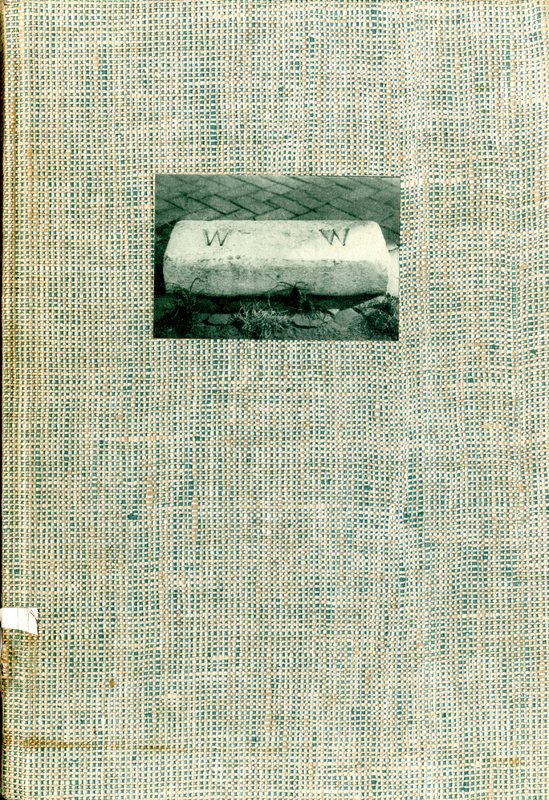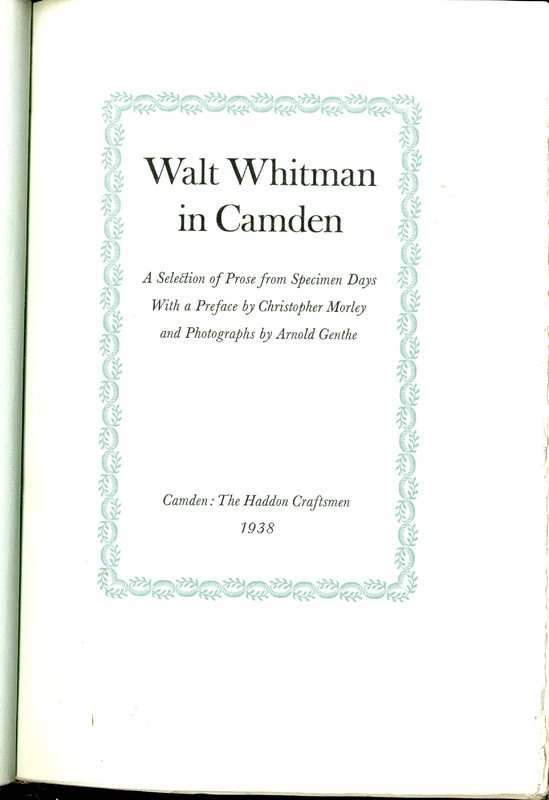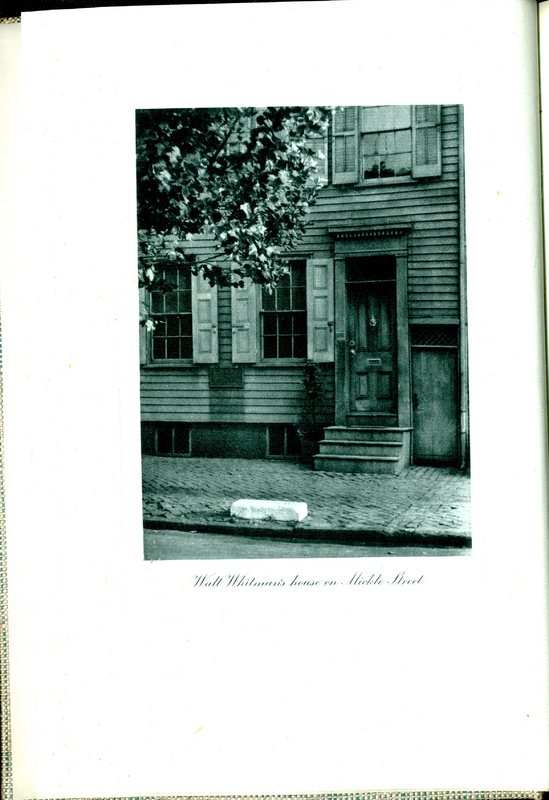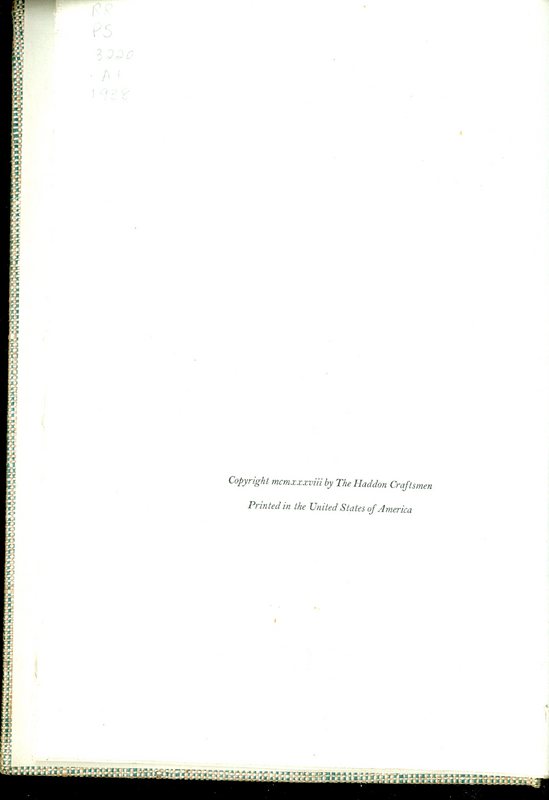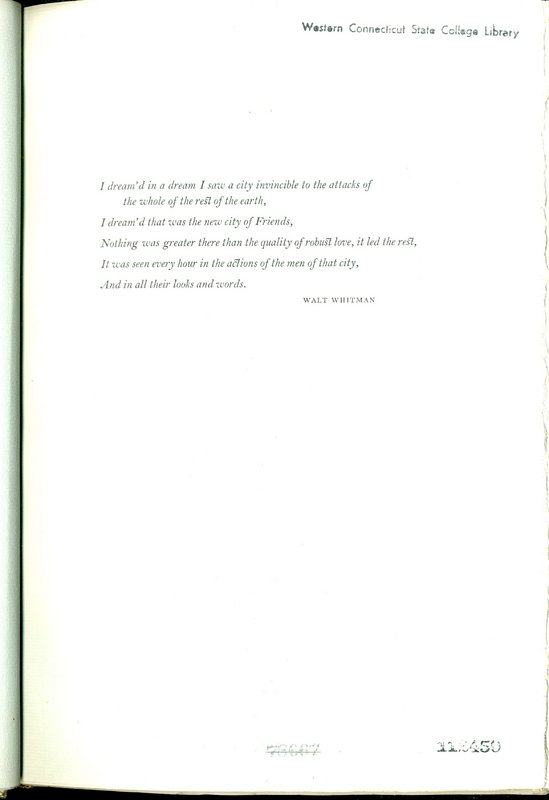Walter "Walt" Whitman (1819 – 1892) was an American poet, essayist and journalist. A humanist, he was a part of the transition between transcendentalism and realism, incorporating both views in his works. Whitman is among the most influential poets in the American canon, often called the father of free verse. His work was very controversial in its time, particularly his poetry collection Leaves of Grass, which was described as obscene for its overt sexuality.
Born in Huntington on Long Island, Whitman worked as a journalist, a teacher, a government clerk, and—in addition to publishing his poetry—was a volunteer nurse during the American Civil War. Early in his career, he also produced a temperance novel, Franklin Evans (1842). Whitman's major work, Leaves of Grass, was first published in 1855 with his own money. The work was an attempt at reaching out to the common person with an American epic. He continued expanding and revising it until his death in 1892. After a stroke towards the end of his life, he moved to Camden, New Jersey, where he died at age of 72.
http://en.wikipedia.org/wiki/Walt_Whitman
http://www.whitmanarchive.org/
This volume contains selections from Whitman's Specimen Days about the town of Camden, New Jersey. Composed in 1881 largely out of notes, sketches, and essays written at various stages of the poet's life from the Civil War on, it is the closest thing to a conventional autobiography Whitman ever published.
http://www.whitmanarchive.org/criticism/current/encyclopedia/entry_54.html
Christopher Morley (1890 - 1957), who wrote the preface to this book, was was an American journalist, novelist, essayist and poet.
http://en.wikipedia.org/wiki/Christopher_Morley
Eleven hundred copies of this edition...were printed
Spine(faded)
Markings: Imprint(spine,inside)
